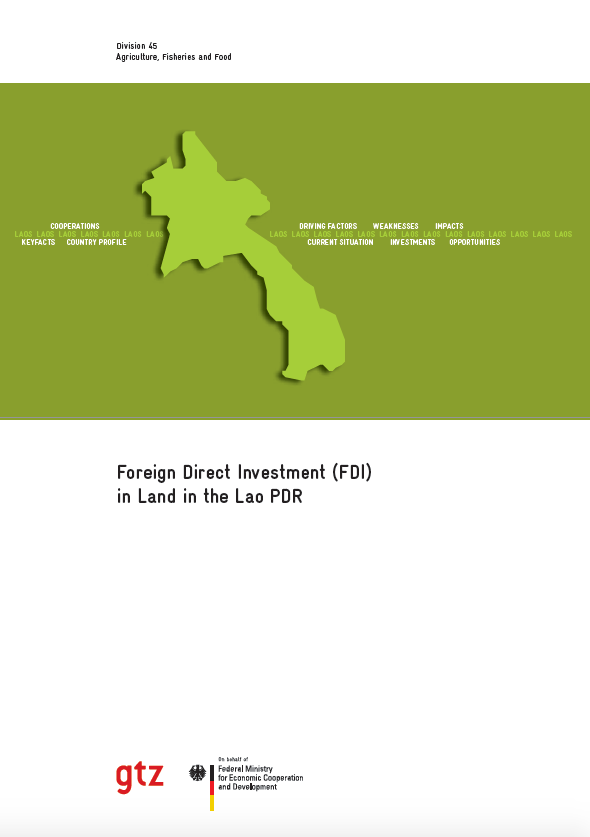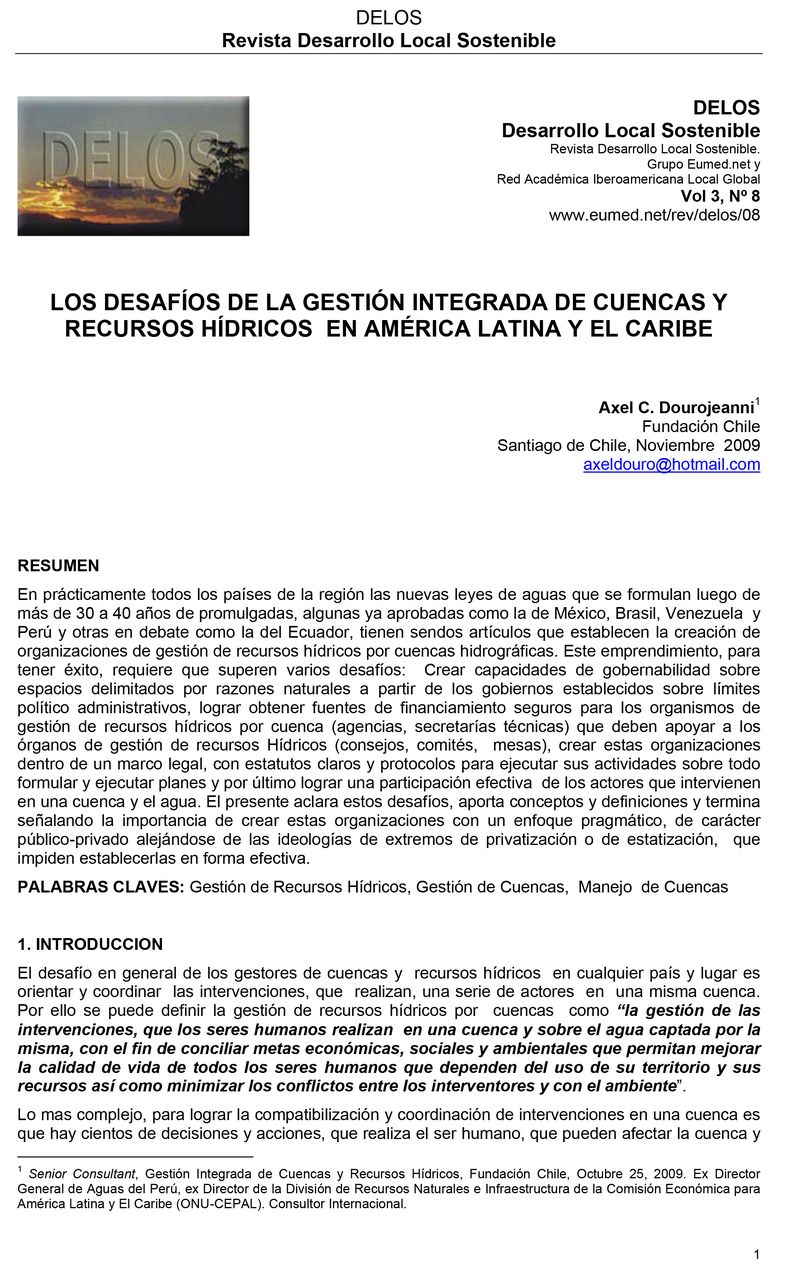Arizona Water Settlement Act and urban water supplies
The 2004 Arizona Water Settlements Act (AWSA 2004) when implemented will allocate to two Native American tribes, the Gila River Indian Community (GRIC) and the Tohono O'odham Nation (TON) almost ten percent of Arizona's total developed water supply, which is 7.04 million acre-feet a year. The successful passage of AWSA, given the scale of the water rights settlement and competing uses for finite water supplies, is the topic of this paper.
Promoting irrigation demand management in India: policy options and institutional requirements
Water Strategy Meets Local Reality
This report has three objectives: 1. To synthesise and analyse the current water resources management policy environment as it pertains to engaging community structures in development planning, 2. To describe and comparatively analyse the social, structural and operational characteristics of traditional water management institutions around the country, 3. Drawing upon these findings, to analyse the principal opportunities and challenges of using community institutions within formal water rights management structures.
Foreign Direct Investment (FDI) in Land in the Lao PDR
In the last decade the Lao People’s Democratic Republic (Lao PDR) has transformed itself into a provider of natural resources (timber, agricultural products, minerals, and energy) for its wealthier and more populated neighbours China, Vietnam and Thailand.
A fishery manager's guidebook - Second edition
Fisheries around the world make essential contributions to human well-being including the provision of basic food supplies. employment, recreational opportunities. foreign currency and others, providing benefits to hundreds of millions of people. Despite these benefits, our record of managing fisheries so that the benefits can be sustained has been poor; at best, and most fisheries around the world are experiencing serious ecological, social or economic problems and usually all three.
FAO Legislative Study - 100 Creating legal space forwater user organizations: transparency, governance and the law
This publication describes the experience of a number of transition countries in Central and Eastern Europe and the former Soviet Union with crafting regulatory frameworks for irrigation water users’ organizations. It also seeks to distil a number of key regulatory requirements. As a result, this study serves as a design/drafting manual for policymakers and for drafters of legislation on water users’ organizations.
Los Desafíos de la Gestión Integrada de Cuencas y Recursos Hídricos en América Latina y El Caribe
Axel C. Dourojeanni, es un experto Internacional en Gestión Integrada de Cuencas y Recursos Hídricos. Actualmente se desempeña como Senior Consultant de la Fundación Chile en los temas de su especialidad. Su experiencia en el tema de gestión de cuencas, recursos hídricos, recursos naturales y ambiente, lo ha llevado a asesorar las políticas hídricas en numerosos países de la región por mas de 30 años. Es author de numerosas publicaciones en temas de manejo de cuencas, gestión de recursos hídricos y de recursos naturales en general.
Water and adaptation to climate change
Developing countries, as a group, are the ones most threatened by the hydrological impacts of global climate change. Water is a critical resource in development, and it is affected by climate change in multiple, complex ways ? through changes in temperature and rising sea levels, changes in precipitation patterns, and melting snowfields and glaciers.
Integrated Watershed Management
Water and soils are increasingly becoming a limiting resource for meeting the food requirements
of a growing world population. Integrated concepts for managing natural resources in a sustainable
and environmentally sound manner show encouraging impacts, if applied on a large scale and
over a long period like in Tigray, the northernmost regional state of Ethiopia.
How do small farmers respond to climate change in Rajasthan?
Water is scarce in India's semiarid zones of Rajasthan. Climate change is putting additional pressure on the rare resources. Irregular or no rainfall forces many small farmers to abandon their fields, at least temporarily, and seek work in the towns. Participative water management projects as practiced in Bhipur village, growing crops with low water requirements and more sustainable farming practices are adaptation strategies that allow farmers to continue their activities despite climate risks.





